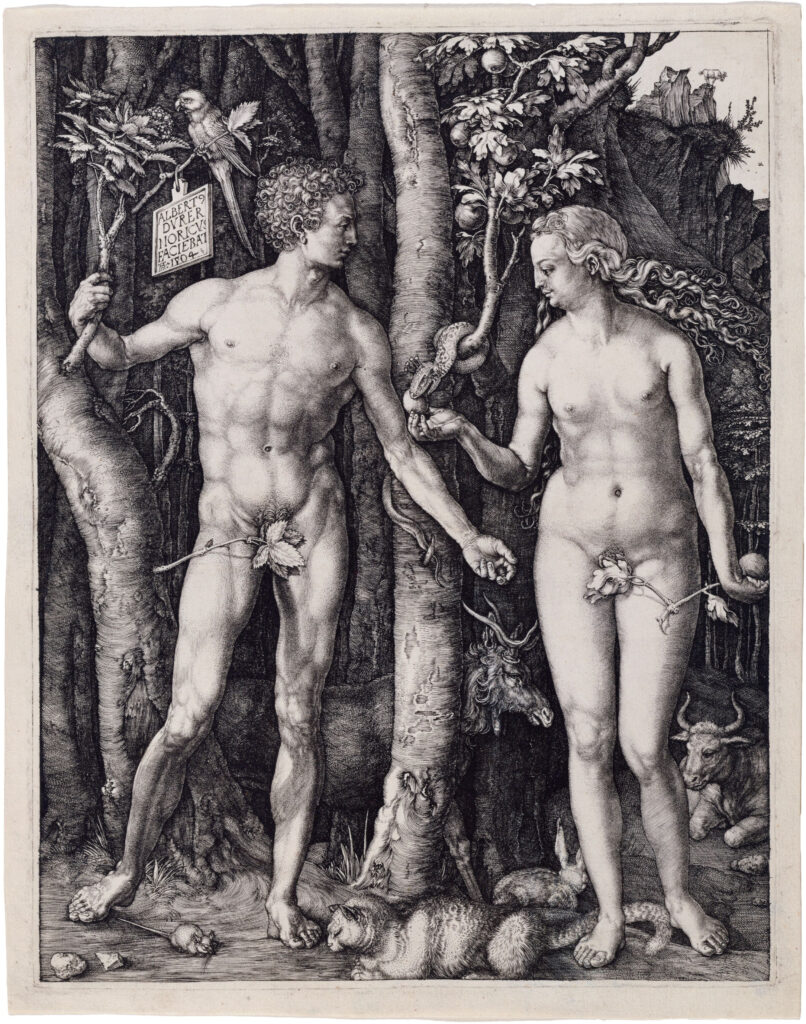
“God had planted a garden of delight, in which he now placed the man he had formed. Here, at the bidding of the Lord God, the soil produced all such trees as charm the eye and satisfy the taste; and here, in the middle of the garden, grew the tree of life, and the tree which brings knowledge of good and evil.” (Genesis 2:8-9)
We know the story: Adam and Eve eat the forbidden fruit and are cast out of the Garden of Eden. We’ve been paying the price ever since, and without our Redeemer would have no hope of salvation.
G.K. Chesterton said, “The riddles of God are more satisfying than the solutions of man.” Is that so? The tree of knowledge of good and evil is a good test case.
It makes sense that God would not allow humans to know good and evil. These are infinitely complex realities that mankind has proven absolutely inept at dealing with when left to his own devices.
How often do we do evil thinking it to be good? How often do we miss opportunities to be good? How often do we fail to recognize good and evil when they confront us? What damage do we do to ourselves and to others because of our inability to comprehend good and evil?
The knowledge of good and evil is beyond us. In forbidding Adam and Eve to eat from that tree, God was telling them:
The tree of life, of living in perfection in eternal communion with God, was attainable for humans only by leaving good and evil in His hands.
So the riddle is, why did God put the tree of knowledge of good and evil in the Garden of Eden? Was it to test Adam and Eve? Was it part of His plan for man to fall so that he could be saved by His Only Begotten Son? Was it important that we learn the hard way about God’s wisdom and the need to be obedient? Are we somehow better off having fallen than we might have been otherwise?
It’s quite a riddle. But is it satisfying, as Chesterton claims?
I would say yes. It is satisfying to know that there are things I cannot know, but that through the Grace of God I can know what I need to know about good and evil. It is satisfying to know that I can screw up and still be loved and redeemed by God. And it is satisfying to know that all of us are in the same situation. The playing field is level.
Reflection
Can I believe without understanding? Can I embrace the many mysteries of faith? Can I be humble enough to know that God thoroughly understands things far beyond my grasp?
